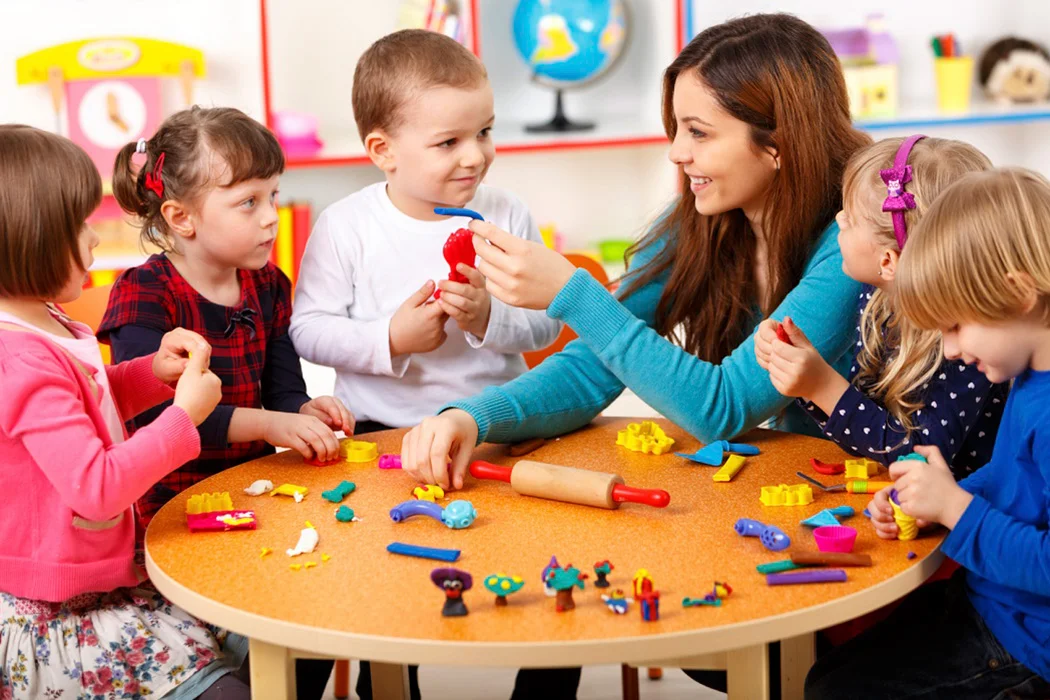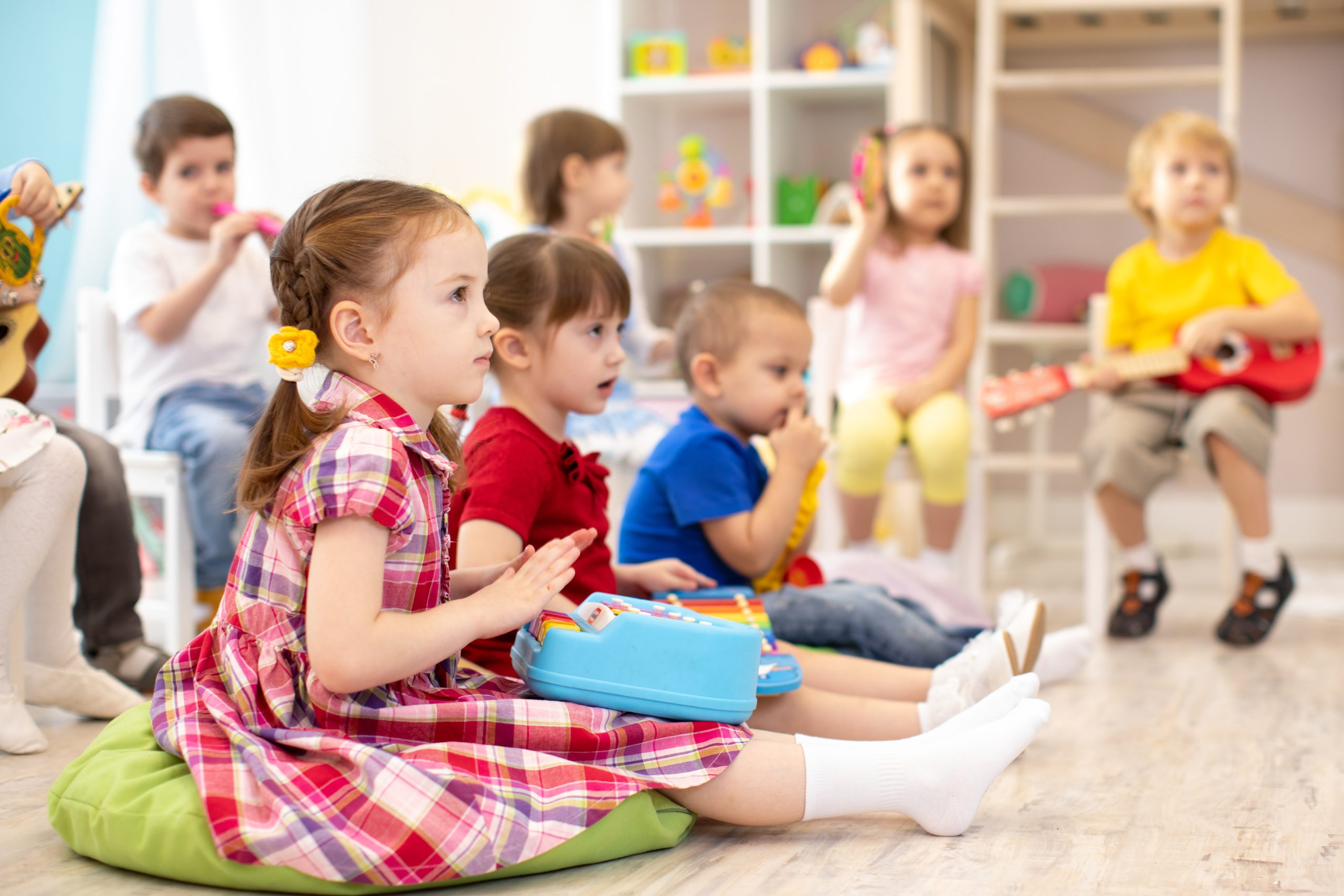Selecting the Perfect Kindergarten: A Parents Handbook
Choosing the perfect kindergarten for your child involves considering their developmental milestones, learning styles, social skills, and emotional needs. Compare Montessori and traditional approaches, play-based versus academic programs, and match the curriculum with your child’s preferences. Evaluate teacher qualifications, classroom environment, safety measures, and available extra-curricular activities. Factor in financial considerations by comparing tuition costs, exploring financial aid options, and planning for potential expenses. By understanding your child’s needs, exploring curriculum options, appraising teacher qualifications, appraising school facilities, considering extra-curricular activities, and addressing financial considerations, you ensure a well-rounded educational experience for your child.
Key Takeaways
- Consider developmental milestones and individual learning styles.
- Evaluate teacher qualifications and classroom environment.
- Assess safety measures, playground equipment, and technology integration.
- Explore outdoor play, creative arts, physical health, and fine motor skill activities.
- Compare tuition costs, financial aid options, and budgeting strategies.
Understanding Your Child’s Needs

To select the perfect kindergarten for your child, it’s important to first understand their unique needs and preferences. Take into account their developmental milestones, individual learning styles, social skills, and emotional needs. Recognizing where your child is in relation to growth and learning can help you choose a kindergarten that caters to their specific requirements.
Developmental milestones play a significant role in determining the type of environment that will best support your child’s progress. Whether your child excels in certain areas or needs extra support, a kindergarten that aligns with their developmental stage can make a notable difference in their educational journey.
Similarly, understanding your child’s individual learning style ensures that they receive personalized attention and instruction that suits how they best absorb information.
Moreover, social skills and emotional needs are important aspects to take into account when selecting a kindergarten. A nurturing environment that fosters healthy social interactions and emotional development can help your child thrive both academically and emotionally. By taking these factors into consideration, you can make an informed decision that sets your child up for success in kindergarten and beyond.
Exploring Curriculum Options
Explore the diverse curriculum options available to find the best fit for your child’s educational journey. When considering kindergarten programs, you’ll encounter a variety of approaches, including Montessori vs. traditional and play-based vs. academic.
Montessori education emphasizes independence, hands-on learning, and mixed-age classrooms, fostering self-directed growth. On the other hand, traditional schooling often follows a structured curriculum with teacher-led instruction and grade-specific classrooms.
Play-based kindergartens focus on learning through play, encouraging exploration, creativity, and social skills development in a less formal setting. Academic programs, on the other hand, prioritize early literacy and numeracy skills, providing a more structured approach to learning.
As you evaluate these options, consider your child’s learning style, interests, and personality. Some children thrive in Montessori environments, while others may prefer the structure of traditional schooling. Similarly, some children flourish in play-based settings, while others excel in academically focused programs.
Evaluating Teacher Qualifications

When exploring kindergarten programs, it’s essential to evaluate the qualifications of the teachers leading your child’s educational journey. Teacher experience and certification play significant roles in ensuring your child receives high-quality education. Look for teachers with relevant experience in early childhood education, as this can greatly impact your child’s learning and development. Additionally, check if the teachers hold proper certifications, indicating they meet the required standards to educate young children effectively.
Apart from qualifications, consider the classroom environment and teaching style. A positive and nurturing classroom environment can foster a love for learning in your child. Observing a teacher’s teaching style can also give you insight into how your child will be engaged and educated. Some teachers may focus on hands-on activities, while others may emphasize group work or individual learning. Understanding these aspects can help you choose a kindergarten program that aligns with your child’s learning preferences and needs.
Assessing School Facilities
Evaluating the school facilities is crucial in guaranteeing a conducive and safe learning environment for your child in kindergarten. When appraising school facilities, pay close attention to safety measures and playground equipment. Make sure that the playground is secure, with soft landing surfaces under equipment to prevent injuries.
Additionally, check for safety protocols and emergency procedures in place. Furthermore, consider the technology integration and classroom resources available. Look for schools that offer modern technology in classrooms to enhance learning experiences. Interactive whiteboards, tablets, and educational software can make lessons engaging and effective.
Adequate classroom resources such as books, learning materials, and art supplies are also essential for a well-rounded educational experience.
Considering Extra-Curricular Activities
When selecting the perfect kindergarten for your child, considering extra-curricular activities is key.
You’ll want to explore the range of activity options available and how they align with your child’s interests.
Remember to also factor in scheduling considerations to guarantee a balanced and enriching experience for your little one.

Activity Options
Exploring the array of extra-curricular activities available can greatly enhance your child’s kindergarten experience. Outdoor play and creative arts are two essential components to take into account when selecting the perfect kindergarten for your little one.
Outdoor play isn’t just about fun; it also promotes physical health, social skills, and cognitive development. Kindergartens that offer ample opportunities for outdoor play make certain that children can explore, run, and interact with nature, fostering a love for the outdoors early on.
Creative arts encompass various activities like painting, drawing, music, and drama. Engaging in creative arts at a young age allows children to express themselves, develop fine motor skills, and enhance their imagination. Kindergartens that prioritize creative arts provide a nurturing environment where children can express their creativity and build confidence in their abilities.
When choosing a kindergarten, take into account the options available for outdoor play and creative arts to guarantee a well-rounded and enriching experience for your child. These activities not only make learning enjoyable but also lay a solid foundation for future academic and personal growth.
Scheduling Considerations
Considering the various extra-curricular activities available, it’s essential to factor in scheduling considerations when selecting the perfect kindergarten for your child. School hours and flexibility play an important role in determining whether your child can participate in after-school activities.
Some kindergartens offer extended hours or have options for early drop-off and late pick-up, which can accommodate different schedules. Before making a decision, inquire about the school’s daily routines and activities. Understanding how the kindergarten structures its day can help you assess if there’s enough time for your child to engage in extracurricular pursuits without feeling overwhelmed.
Additionally, look into how the kindergarten manages shifts between activities. A well-organized schedule that allows for smooth changes can contribute to a positive learning environment for your child. Remember that while extra-curricular activities are enriching, it’s equally important to make sure that your child’s daily routine is balanced and manageable.
Financial Considerations
When selecting the ideal kindergarten for your child, financial considerations play a significant role. Comparing tuition costs, exploring financial aid options, and budgeting effectively are key aspects to take into account.

Tuition Costs Comparison
Looking at the various tuition costs for different kindergartens can provide you with valuable insights into the financial aspects of selecting the perfect one for your child. When considering kindergarten options, it’s important to break down the costs associated with each institution. This breakdown can help you understand where your money is going and aid in making an informed decision.
To guarantee that you stay within your budget, consider setting a clear financial plan. Look for kindergartens that offer flexible payment plans to ease the burden of tuition fees. Some schools also provide scholarship opportunities that could help in reducing costs. Exploring these options can make high-quality education more accessible to your child.
When comparing tuition costs, remember to factor in additional expenses such as uniforms, supplies, field trips, and extracurricular activities. These extra costs can vary between schools and have a significant impact on your overall budget.
Financial Aid Options
To guarantee you make a well-informed decision about your child’s kindergarten education, exploring available financial aid options can greatly impact your budget and make high-quality education more accessible.
When considering kindergarten options, don’t overlook scholarship opportunities or loan options that could help alleviate the financial burden. Many kindergartens offer scholarships based on merit, financial need, or specific criteria unique to the institution. These scholarships can markedly reduce tuition costs and make a private kindergarten education more affordable.
Additionally, some parents may consider taking out a loan to cover kindergarten expenses. While loans should be approached with caution and a clear repayment plan, they can provide immediate financial assistance to ensure your child accesses the best educational opportunities available.
Before committing to a loan, carefully evaluate your financial situation and consider the long-term implications.
Budgeting for Kindergarten
Taking into account the financial implications of kindergarten education is essential to guarantee a stable budget for your child’s academic journey. When considering budgeting for kindergarten, look into scholarship opportunities and savings plans that can help establish a stable financial situation for your child’s academic journey.
Scholarships can provide financial assistance based on various criteria, offering a valuable resource for families seeking support. Additionally, savings plans like 529 accounts can help you set aside money specifically for your child’s education, allowing you to plan ahead and manage costs effectively.
It’s also important to explore affordable options and payment plans offered by different kindergarten programs. Some schools may provide flexible payment schedules or discounted rates for early registration, making quality education more accessible. By researching and comparing various kindergarten options, you can find a program that fits within your budget while still meeting your child’s educational needs.
Frequently Asked Questions
How Does the School Handle Children With Special Needs?
When considering schools, make sure to ask about how they handle children with special needs. Look for individualized support and an inclusive environment. Your child deserves a place where they can thrive and feel supported.
Are There Opportunities for Parental Involvement in the School?
Yes, there are plenty of ways for you to get involved at the school. You can volunteer for events, join the Parent-Teacher Association, observe classroom activities, and attend informative workshops designed to help parents support their children’s education.
What Are the School’s Policies on Discipline and Behavior Management?
At the school, they use positive reinforcement and consequences to manage behavior. They have behavior plans in place and offer counseling services when needed. It’s important to understand how discipline is handled to support your child’s growth.
How Does the School Communicate With Parents About Their Child’s Progress?
You can expect regular updates on your child’s progress through parent-teacher conferences and progress reports. The school also uses online portals and communication apps to keep you informed about your child’s development and achievements.
Is There a School Nurse or Medical Professional Available On-Site?
Yes, there is a school nurse available on-site to provide medical services. You can rest assured knowing that your child will have access to professional healthcare assistance whenever needed, ensuring their well-being and safety at school.
Conclusion
Now that you have all the tools and information to select the perfect kindergarten for your child, trust your instincts and follow your heart. Remember, every child is unique and what works for one may not work for another.
Take your time, ask questions, and visit different schools to find the best fit. Your child’s early education is an essential foundation for their future success, so make sure to choose wisely.
Good luck on this exciting journey!

Hey there! 👋 I’m a proud mom and passionate writer, sharing my parenting journey. 📝 Join me as I navigate the ups and downs of motherhood, offering tips, advice, and a sprinkle of humor along the way. 🌟







